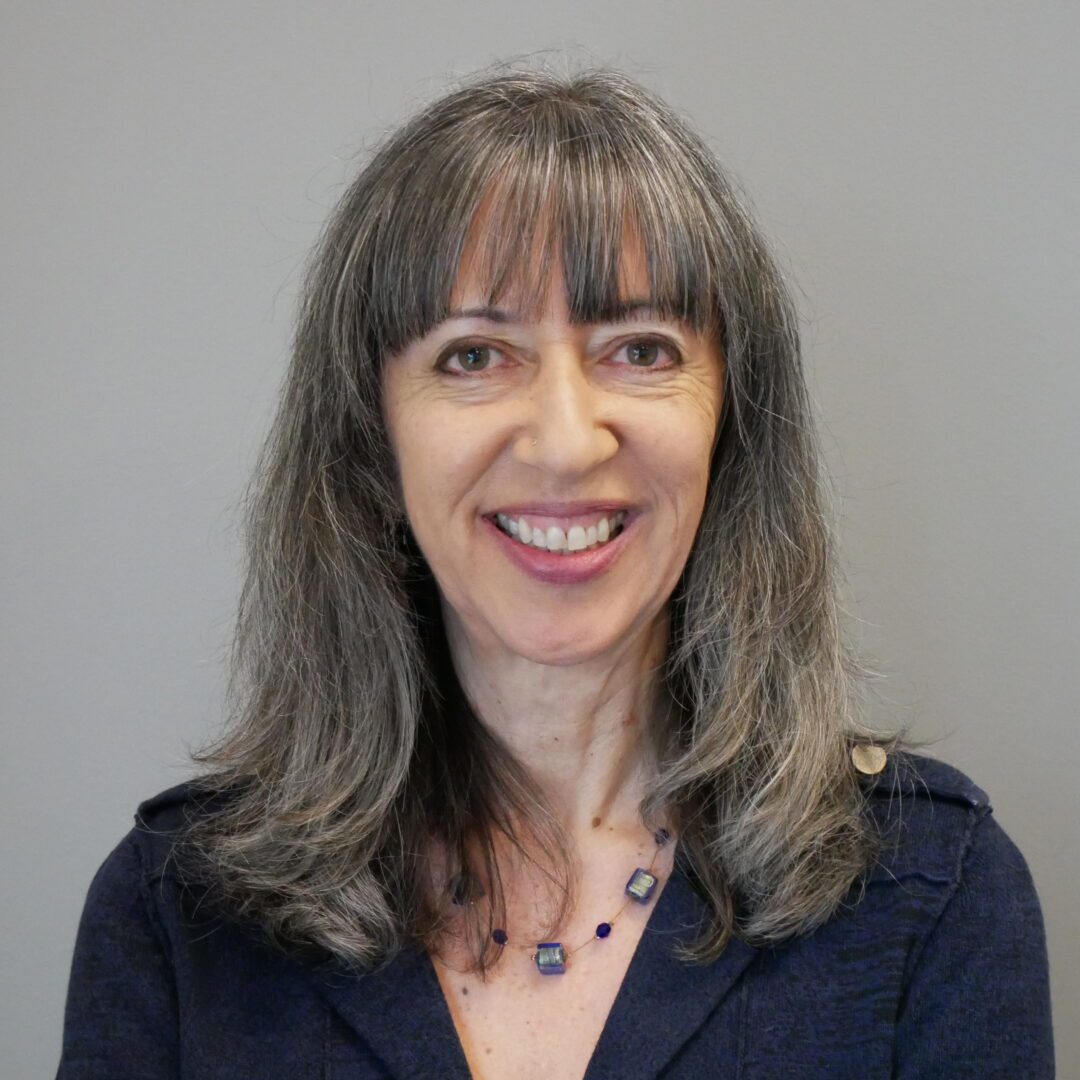
Press release: Ellwood gas peaker plant is unanimously rejected
Clean Coalition analysis provides critical details illuminating solar+storage as technically and economically superior to the Ellwood gas plant.
October 2, 2017
NEWS RELEASE:Ellwood gas peaker plant is unanimously rejected
Clean Coalition analysis provides critical details illuminating solar+storage as technically and economically superior to the Ellwood gas plant
MENLO PARK, CA – The California Public Utilities Commission (CPUC) has unanimously rejected the proposed refurbishment of the Ellwood Peaker Plant in the Moorpark sub-area in Southern California. The area, comprising the northwest portion of the Southern California Edison (SCE) service territory, includes the cities of Oxnard, Santa Barbara, and Goleta. CPUC Commissioners made their unanimous vote on September 28th and indicated a desire to reevaluate a prior CPUC approval for the Puente gas plant that has been proposed for construction on a beach in Oxnard.
The Clean Coalition has submitted extensive analyses on the ability to use solar+storage to obviate both the Ellwood and the Puente gas peaker plants, demonstrating that solar+storage is technically and economically superior to meet all anticipated requirements. It appears that the California Independent Systems Operator (CAISO) now agrees, based on its September 29threcommendation to reevaluate the Puente Power Plant.
The CPUC vote approved a proposed decision from April to reject SCE’s application to refurbish the Ellwood Power Plant with an aim to operate it for another 30 years. This rejection provides the CPUC an opportunity to direct SCE to meet its needs with local renewables, energy storage, and other distributed energy resources (DER) in a manner consistent with the Commission’s goal of reducing reliance on fossil fuels.
The Puente gas plant was previously approved by the CPUC but is now being considered on an environmental basis by the California Energy Commission (CEC). Despite the CPUC’s prior Puente approval, Commissioner Rechtschaffen stated that he would have preferred for the CPUC’s Ellwood decision to include consideration of DER alternatives to Puente, in case the CEC rejects the Puente gas plant on an environmental basis.
In his comments supporting the Ellwood rejection, Rechtschaffen stated that the proposed refurbishment is not a good use of ratepayer dollars. He added, “At this time, absent very compelling circumstances, we should be directing all of our investments in infrastructure and energyto clean energy resources.”
Rechtschaffen’s statements are supported by the Clean Coalition’s rigorous analyses, possibly the most sophisticated technical and economic analyses to date showing that solar+storage could cost-effectively replace the Ellwood gas plant and would be far cheaper than the proposed Puente gas plant.
In addition, solar+storage projects can be brought online quickly. The Clean Coalition has designed a game-changing feed-in tariff (FIT) that includes a market responsive pricingmechanism that ensures optimum value for ratepayers, along with a dispatchability adder to incentivize energy storage. The FIT mechanism is a proven approach for unleashing cost-effective local renewables. A FIT in Sacramento, for example, was able to attract well over 100 megawatts (MW) of distributed solar on the date the program was launched in 2010, with 98.5% of the entire 100 MW of FIT program capacity successfully constructed and online within two years. As of 2012, the Sacramento FIT procured the most cost-effective solar energy that California had ever achieved.
Craig Lewis, Executive Director of the Clean Coalition, noted, “The Clean Coalition’s innovative FIT is designed to procure and deploy cost-effective renewables, and energy storage too, much more quickly than auction processes, which are burdened by excessive preparation requirements, transaction costs, and failure rates. A well-designed FIT will bring cost-effective renewables and energy storage online far faster than the Puente gas plant could be built or an auction process could be conducted, and well ahead of the 2020 need for these resources in the Moorpark sub-area.”
For more details, see the Clean Coalition filings and models on solar+storage alternatives to Puente and Ellwood, and a Clean Coalition cost analysis of a solar+storage alternative to the Ellwood Peaker plant.
###
About the Clean Coalition
The Clean Coalition is a nonprofit organization whose mission is to accelerate the transition to renewable energy and a modern grid through technical, policy, and project development expertise. The Clean Coalition drives policy innovation to remove barriers to procurement and interconnection of distributed energy resources (DER) – such as local renewables, advanced inverters, demand response, and energy storage – and we establish market mechanisms that realize the full potential of integrating these solutions. In addition to being active in numerous proceedings before state and federal agencies throughout the United States, the Clean Coalition collaborates with utilities, community choice aggregation programs, municipalities, and other jurisdictions to create near-term deployment opportunities that prove the technical and economic viability of local renewables and other DER.
Contact
Rosana Francescato
Communications Director
rosana@clean-coalition.org
650-308-9046

